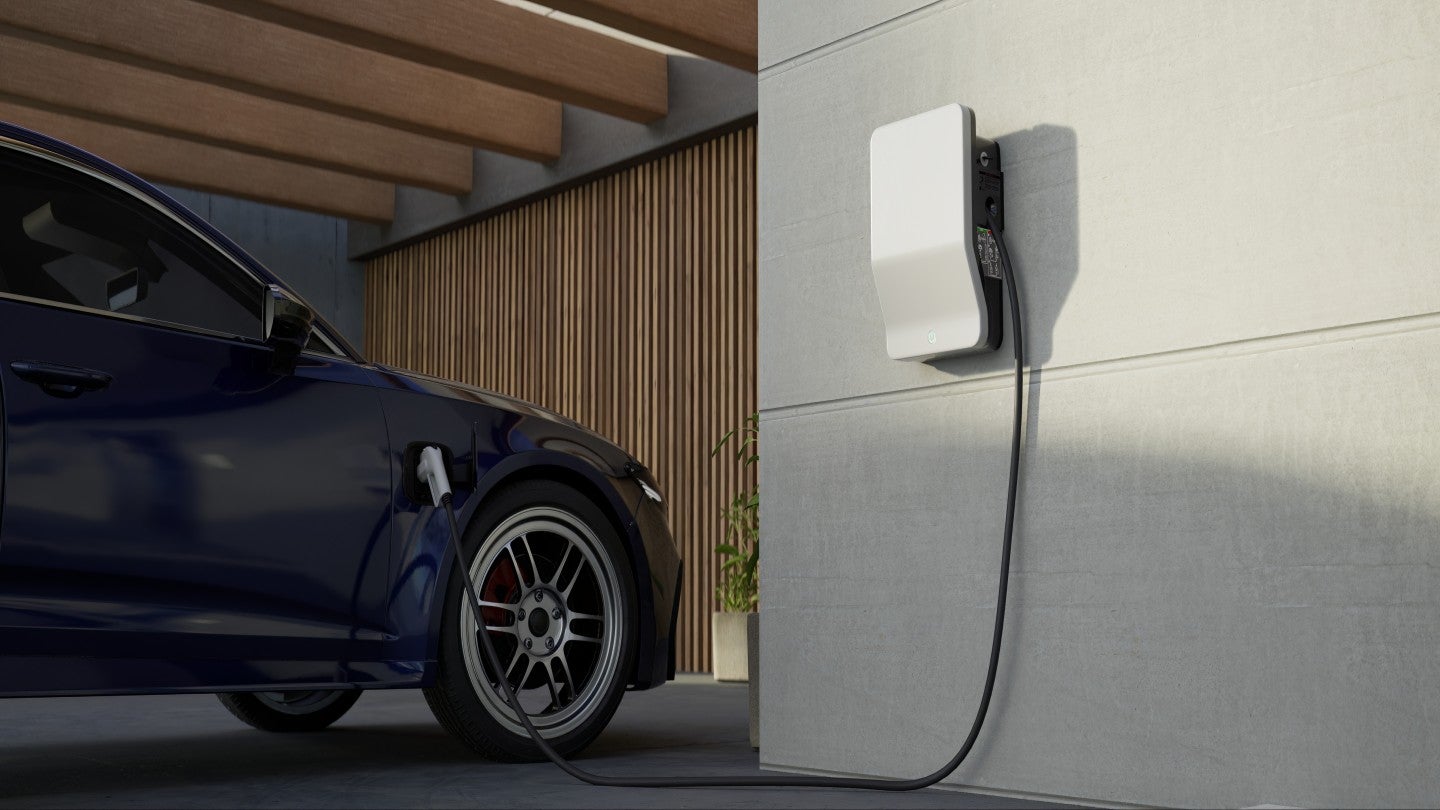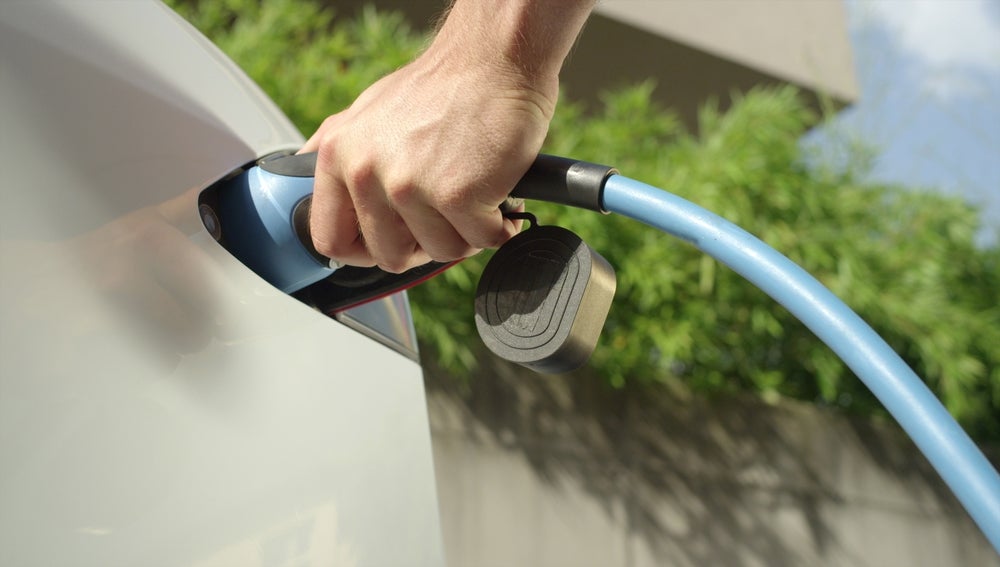
France’s car industry is facing a significant transformation as the country prepares for a 2035 deadline to phase out new combustion engine cars.
This shift towards electric vehicles (EVs) is causing concern among the 200,000 workers employed in the sector, with fears that their jobs may be at risk, ETAuto reported.
In some regions, such as northern France, optimism prevails with the emergence of a “Battery Valley” and the construction of battery “gigafactories”.
One such facility is being built by the Automotive Cells Company (ACC) in Douvrin, a joint venture that includes Mercedes, Stellantis, and TotalEnergies.
ACC’s plant is located on the site of a former engine factory for Stellantis, which has seen its workforce decline from around 5,000 in the 1980s to 700 today.
The report cited Stellantis stating that the site was chosen to address the “social need” to retrain employees.

US Tariffs are shifting - will you react or anticipate?
Don’t let policy changes catch you off guard. Stay proactive with real-time data and expert analysis.
By GlobalDataStellantis-Douvrin employees undergo 12 weeks of training for the highly automated battery production lines at the ACC battery training centre.
However, the mood is less optimistic elsewhere. For example, Walor, which produces connecting rods for tractors and trucks, is not directly threatened by the EV transition, but the demand for other products such as transmission differential housings and engine manifolds is expected to change significantly.
After being acquired by a German fund specialising in turning around struggling companies, Walor is looking to sell its Vouziers site and another nearby, with workers resigned to the potential closure due to a shrinking order book.
Trade association Plateforme automobile (PFA) said that approximately 17,000 jobs are expected to be created by 2026 in gigafactories and recycling facilities for batteries.
Despite this, there is uncertainty whether this will be sufficient to prevent many workers from losing their jobs.
A 2021 study by the French metalworking industry indicated that the transition to EVs could put 65,000 jobs at risk by 2030.
Another study by two climate groups suggests that the lower labour requirements for manufacturing EVs could favour the production of small cars in Europe.
However, Jullien believes that the electrification of cars is likely to result in more offshoring, potentially reducing overall employment in the French auto industry to 100,000 or fewer.







